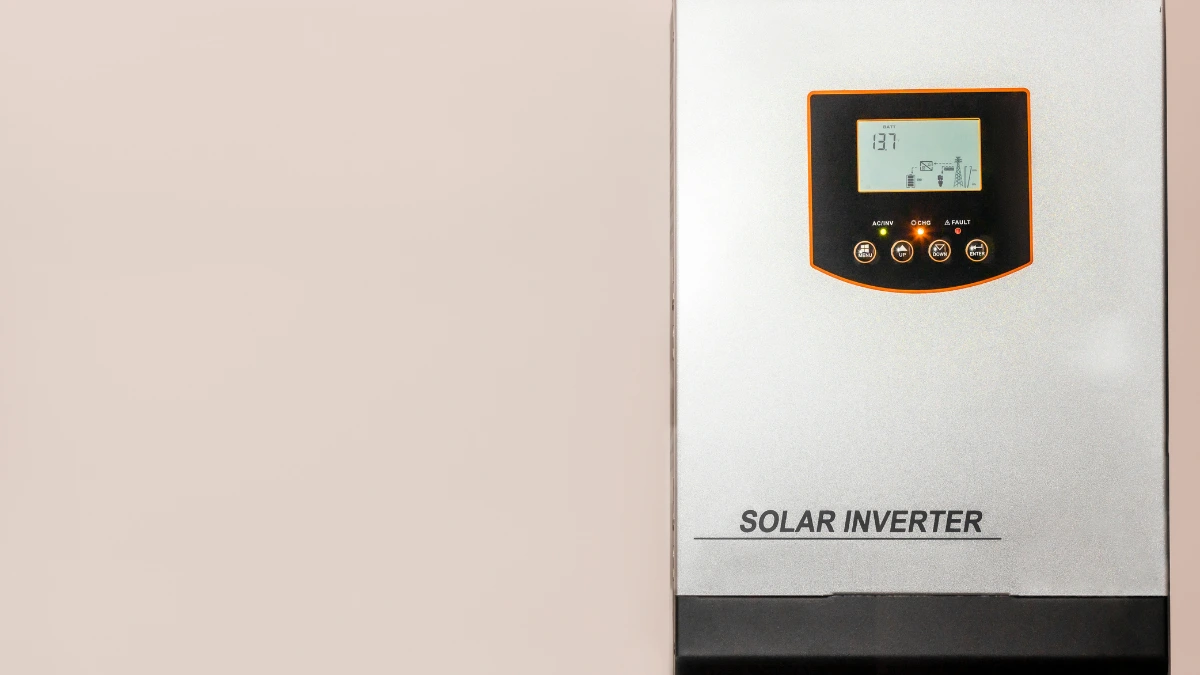The presence of a solar power system provides maximum sustainable energy use to increase productivity. One type of solar power system, according to its configuration and use, is the solar hybrid system, which offers several key functions and advantages.
The functions of a solar hybrid system include backup power to maximize sustainable energy. Moreover, the advantages include reliability of electricity supply, supporting sustainable energy, and cost savings.
This article will give you information on solar hybrid systems, including definitions, functions, and the advantages they have.
What is a Solar Hybrid System?

Solar hybrid systems are a type of system that combines off-grid and on-grid systems. The system is connected to the public power grid but is also equipped with a storage battery.
With a hybrid system, users don’t need to worry if there is a mainstream power outage, because the energy in the battery becomes stored for electricity use. With this system, users will experience a stable and sustainable electricity supply.
The Functions
The solar hybrid system has several functions, from backup power to maximizing sustainable energy. Here are some of its functions:
- Backup power: With the addition of a battery, this system can store electricity that will automatically switch to backup power when there is a power outage.
- Flexibility of use: Can be customized to suit the user’s energy needs for either homes or large industries.
- Maximizing sustainable energy: By using this system, it will automatically reduce dependence on fossil fuels.
The Advantages

The solar hybrid system has several advantages, from reliability of electricity supply, supporting sustainable energy, to cost savings. Here are some of its main advantages in detail:
1. Reliability of electricity supply
Another advantage of the solar hybrid system is the reliability of its electricity supply. The system will still be able to generate electricity from the battery as backup storage when there is a power outage or when the panels produce little energy during cloudy weather.
2. Energy independence
Energy independence is another advantage of the solar hybrid system. By storing solar energy in batteries, it will reduce dependence on the public power grid. So there is no need to worry if there is a disruption in the public power grid.
3. Supporting sustainable energy

By using a solar hybrid system, of course, you have contributed to supporting sustainable energy. This system automatically reduces the use of fossil energy and carbon emissions.
4. Easy implementation
Easy implementation is another advantage of solar hybrid systems. You only need to invest a little in the beginning, as hybrid systems are just like on-grid systems that can be integrated with existing systems.
5. Cost savings
Another advantage of a solar hybrid system is its ability to save operational costs. With a small initial investment, the use of solar energy will be able to save your electricity costs in the long run.
Those are the definitions, functions, and advantages of a solar hybrid system that you need to know. Another thing to note is that solar power systems on the market must pass the certification test from the Directorate General of Digital Infrastructure (DJID).
Smart solar power system regulation is based on the Ministerial Decree (KEPMEN) No.260 of 2024 and No. 12 of 2025, which requires all radio frequency-based devices to meet specific technical standards before being sold in the country.
With a DJID certification, users can feel calm about using a smart solar power system device whose quality and security are guaranteed. For manufacturers or importers of smart solar power system devices, obtaining certification from DJID is a mandatory step before the device can be officially marketed in Indonesia.
To simplify the certification process, Type Approval Certification Services for ICT Products are available to assist with this process as a reliable solution. [UN].

